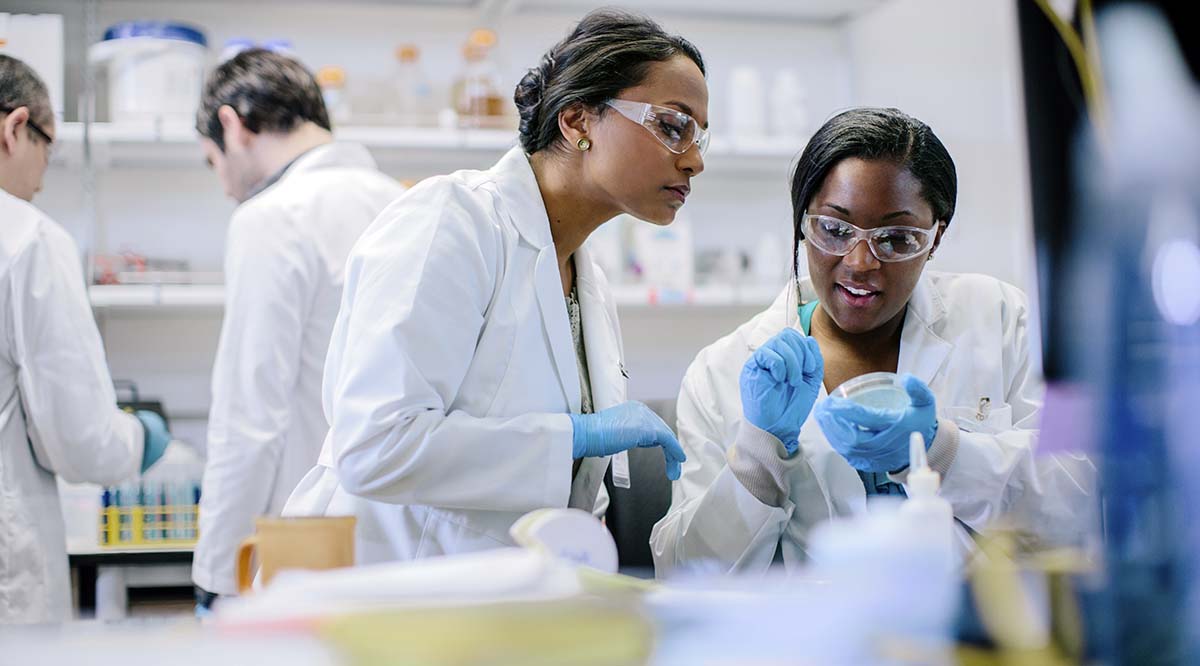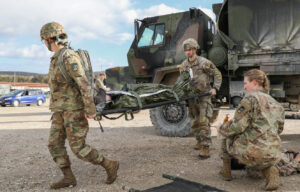
At the vanguard of medical innovation, regenerative medicine phd programs advances how exciting a science can make to confront disease and even repair injuries. The promise of the future was exemplified by cutting-edge programs designed to incorporate state-of-art science and technology with a full immersion education model for regenerative medicine.
Include the integration:
Perhaps one of the most impactful trends for regenerative medicine education is incorporating emerging technologies into academic curricula. Gene editing using CRISPR-Cas9 and tissue engineering methods are significantly improving regenerative medicine. Lab-based experience with these technologies is now incorporated into cutting-edge programs. The early involvement of students with these technologies will enhance their understanding about how to relate its applicability and impact on patient care.
Interdisciplinary Approach
Regenerative medicine calls for ample sophistication which makes it interdisciplinary. An integrated curriculum of cell biology, materials science engineering, genetics and biomedical engineering is becoming more prevalent in modern educational programs. This whole body approach will give students an overview of the different mechanisms involved in regenerative medicine ultimately leading to a more prepared applicant for this multidisciplinary field. We are starting to see this in greater use where we train new scientists about how real scientific and clinical research projects work with a trend towards more collaborative initiatives and team-based learning.

Prioritize Translational Medicine
As regenerative medicine is simultaneously moving forward from research to clinical application, the importance of translational medicine within educational programs becomes even greater. Translational medicine aims to help bridge the gap between laboratory findings and their clinical expression in patient care. New curricula are adding real-life clinical problems based on random but identified cases from everyday life, giving students the experience of translating scientific results into practical treatment. This is a special emphasis on translational medicine and prepares students to be very effective in clinical settings, plus of course new therapies.
Improved Universities Research Opportunities
Research is an important aspect of learning regenerative medicine, and new programs are updating their curriculums to provide students with vast research experience. They are creating new buildings with lab space and access to advanced equipment, working more closely with industry partners. Such a strong focus on research will provide students with opportunities to work on original projects, learn about important developments in science and engineering, while laying the groundwork for their professional lives.
The promise of regenerative medicine phd programs learning is bright, as the field evolves we will see a new generation of programs that reflect these changes. These programs are preparing the next generation to advance regenerative medicine by integrating emerging technologies, adopting an interdisciplinary philosophy, focusing on translational medicine, expanding research opportunities and personalized learning pathways.







